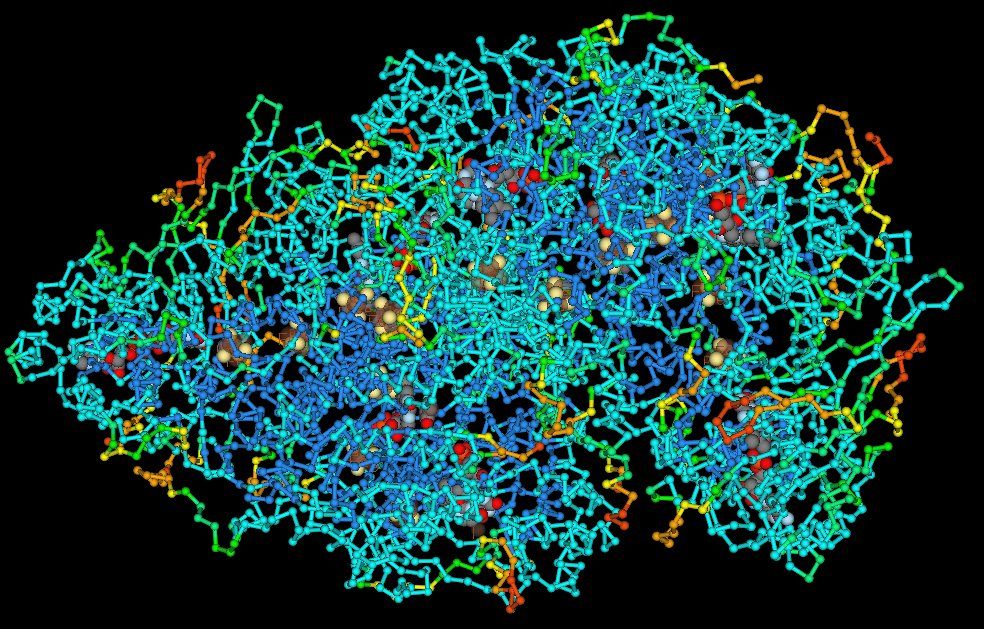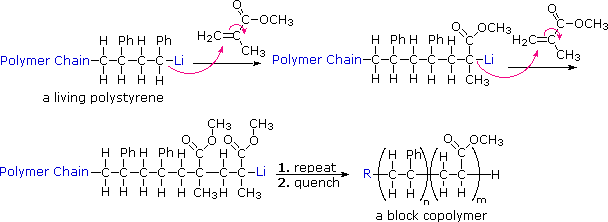Recognizing Polymers: The Science Behind Versatile Materials
Taking Advantage Of the Power of Polymers: Understanding the Comprehensive Usages and Positive Impacts
Polymers, with their varied chemical structures and buildings, have actually become indispensable in countless markets, reinventing the way we connect with products each day. From the product packaging that safeguards our food to the fibers that dress us, the applications of polymers are vast and differed. Beyond their ubiquitous presence lies a much deeper understanding of their positive influences, reaching much beyond plain comfort. As we explore the substantial uses of polymers and their function fit a much more lasting, efficient, and ingenious future, it becomes obvious that their potential is as huge as the molecules themselves.
Versatility in Everyday Products
Polymers exhibit remarkable convenience in a broad selection of daily items, demonstrating their essential function in contemporary culture. From the adaptable plastic case of mobile phones to the resilient fibers in clothing, polymers have reinvented the means we connect with items in our everyday lives. Among the most usual uses polymers remains in product packaging products. Polyethylene, for example, is widely utilized in food packaging due to its light-weight, durable, and moisture-resistant residential properties. In addition, polymers play a critical duty in the auto sector, where they are utilized in producing light-weight parts that boost fuel effectiveness.
Eco-friendly polymers are used in sutures and implants, lowering the risk of negative reactions in clients. In the building and construction industry, polymers are incorporated right into paints, adhesives, and insulation products, enhancing toughness and power efficiency.
Sustainability in Material Innovations
With the recurring focus on environmental consciousness and source performance, the focus moves towards sustainability in product innovations, reflecting a growing dedication to liable production practices throughout numerous industries. In recent times, there has been a significant rise in the growth of sustainable products, particularly within the realm of polymers. These innovative products are created to reduce environmental impact throughout their entire lifecycle-- from sourcing basic materials to disposal or recycling.
One considerable facet of sustainability in product innovations is the concept of biodegradability. Biodegradable polymers have garnered attention for their ability to break down naturally into non-toxic byproducts, reducing waste and contamination. In addition, using recycled polymers acquired from post-consumer or post-industrial resources is getting grip as a way of promoting a circular economic climate and decreasing dependency on virgin materials.

Enhancing Efficiency in Design
Enhancing performance in design calls for a careful combination of sophisticated innovations and accurate approaches to optimize capability and performance in numerous commercial applications. Polymers play a vital function in this venture, providing a broad range of directory advantages that improve the performance of design products and elements.
One key facet of improving performance in design is the capacity of polymers to boost toughness and toughness. By integrating polymers right into design designs, suppliers can produce lightweight yet durable structures that can withstand high degrees of tension and pressure. This particular is specifically useful in industries such as aerospace, auto, and building, where the need for solid yet light-weight materials is paramount.
Moreover, polymers can also boost performance by supplying thermal and chemical resistance, decreasing rubbing, and improving electric conductivity. These homes make polymers perfect for a variety of design applications, including seals, bearings, layers, and electronic elements. Polymers. By using the distinct buildings of polymers, engineers can enhance the efficiency of their designs and create extra efficient and reputable items
Effect On Medical Improvements
Polymers have actually played a vital role in modern clinical innovations, varying from drug shipment systems to tissue design. One of the key locations where polymers have actually made a substantial effect is in the advancement of eco-friendly sutures and implants.
Moreover, polymer-based materials are progressively being used in medical devices such as catheters, stents, and prosthetics as a result of their biocompatibility and flexibility. Polymer coverings on medical tools can stop infections and improve total person outcomes - Polymers. In addition, advancements in nanomedicine have made it possible for the use of polymer nanoparticles for targeted medicine distribution, enhancing the effectiveness and reducing side impacts of various medicines
Duty in Environmental Preservation

In addition, polymers are made use of in water treatment procedures, aiding in the purification and recycling of water resources. This aids in decreasing water pollution and ensuring accessibility click over here now to tidy water for both human consumption and ecological health. Polymers likewise contribute in agriculture through the advancement of biodegradable composts and controlled-release fertilizers, advertising sustainable farming methods.
Final Thought
Finally, polymers have shown to be a versatile and vital product in numerous industries, from daily items to design and medical developments. Their effect on sustainability, efficiency improvement, and ecological preservation is significant. Comprehending the considerable uses of polymers emphasizes their importance in driving advancement and development in several areas. The ongoing exploration and usage of polymers will certainly result in more improvements and positive influences on culture.